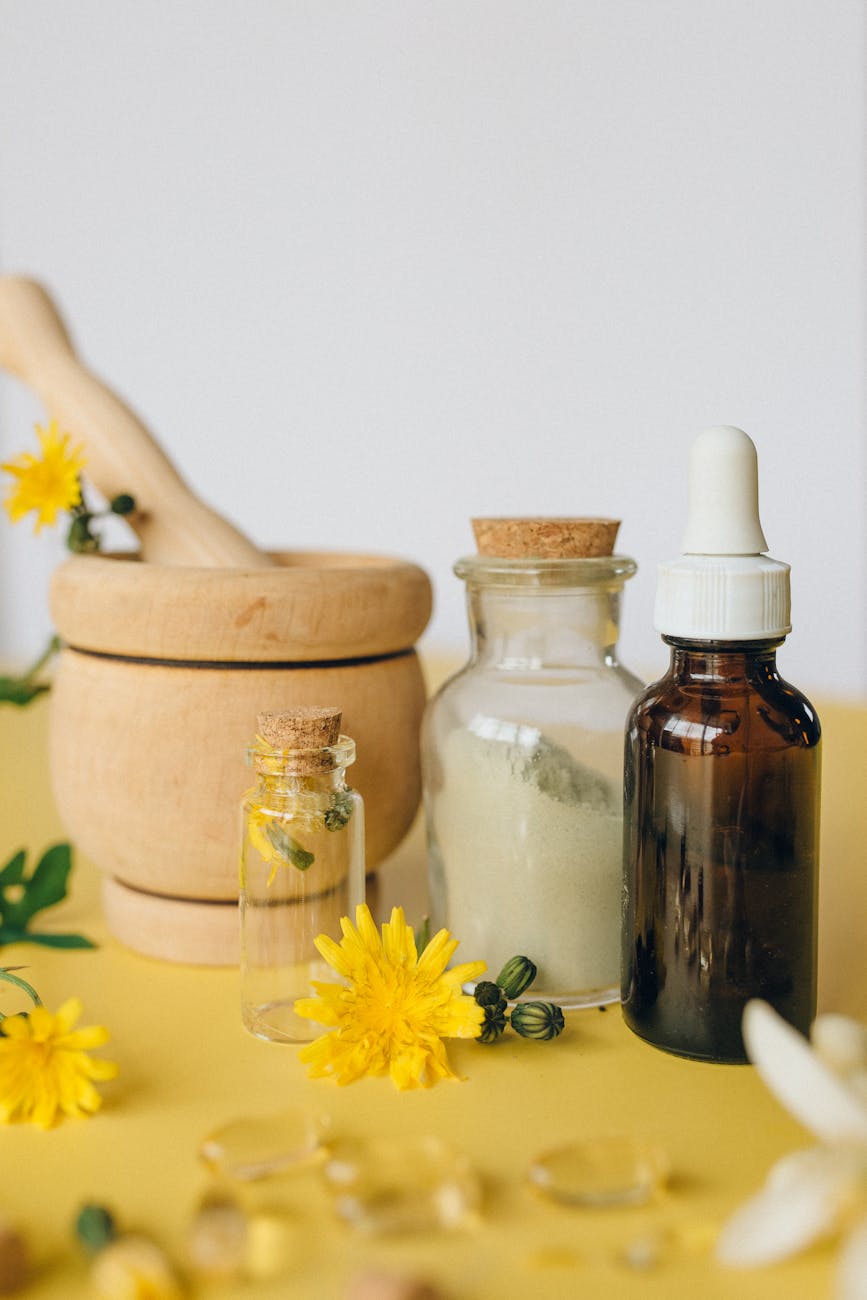3 Best Home Remedies to Cure Acne Fast - Super Easy with Results
Acne Problem?
 |
| credit unsplash |
First of all we need to know what causes acne?
Acne starts when the pores on your skin are filled with dead oil and skin cells.
Each pore is connected to the sebaceous gland, which produces an oily substance called sebum. Excess sebum can clog pores, causing the growth of bacteria called Propionibacterium acnes, or P. acnes.
Your white blood cells attack P. acnes, which leads to inflammation of the skin and manure. Some acne cases are worse than others, but common symptoms include whiteheads, blackheads, and acne.
Many factors can contribute to the development of acne, including:
genes
food
depression
hormonal changes
diseases
Conventional therapies are the most effective in reducing acne.
Here Are Some Home Remedies That Will help to Cure Acne Fast:
You can try home remedies, although more research is needed on their effectiveness.
1.Apple Cider Vinegar
Apple cider vinegar is made by boiling apple cider, or unsweetened juice from pressed apples.
Like other vineyards, it is known for its ability to fight many viruses and fungi (3Trusted Source, 4).
Apple cider vinegar contains organic compounds, such as citric acid, found in **** P. acnes (5Trusted Source).
Studies have shown that succinic acid, another organic acid, suppresses inflammation caused by P. acnes, which can prevent rot (6Trusted Source).
Lactic acid, another acid in apple cider vinegar, can also enhance the appearance of scarring
It is important to note that applying apple cider vinegar to your skin can cause burns and irritation. If you choose to try it, use it in small quantities and dilute it with water.
While certain parts of apple cider vinegar may help with acne, there is currently no evidence to support its use for this purpose. Some dermatologists advise not to use apple cider vinegar, as it can irritate the skin.
How to Use apple cider vinegar:
- Mix one part of apple cider vinegar with 3 parts water (use plenty of water for sensitive skin).
- After cleansing, gently apply the mixture on the skin using a cotton ball.
- Allow to sit for 5-20 seconds, rinse with water and dry.
- Repeat this process 1-2 times a day, as needed.
2 Make a mask using honey and cinnamon sticks:
Honey has the ability to fight germs and reduce inflammation, which are two of the main causes of acne (15 Reliable Source, 15Trusted Source).
A 2017 study found that a combination of cinnamon bark extract produced antibacterial effects against P. acnes (16Trusted Source).
Some studies have suggested that honey itself may inhibit the growth or development of **** P. acnes (17).
Or, this discovery does not mean that the honey is here successfully.
A study of 136 people with acne found that applying honey to the skin after using an antiseptic soap was less effective in treating acne than using soap alone (Reliable Source).
While anti-inflammatory and anti-bacterial properties of honey and cinnamon can reduce acne, further research is needed.
How to make a honey and cinnamon mask
- Mix 2 teaspoons of honey and 1 teaspoon of cinnamon to form a paste.
- After cleansing, apply a mask on your face and leave on for 10-15 minutes.
- Clean the mask thoroughly and pat your face dry.
use with caution use very little amount and mix with a lot of water to avoid burning your skin
Green tea contains a lot of antioxidants, and drinking it can promote good health.
It can also help reduce acne. This may be because green polyphenols help fight germs and reduce inflammation, which are the two main causes of inflammation (Reliable Source 25).
There is not much research into the benefits of drinking green tea when it comes to acne, and more studies are needed.
In one small study with 80 women, participants took 1,500 mg of green tea extract daily for 4 weeks. At the end of the study, women who took the extract had small bumps on their nose, breasts, and mouth (Reliable Source).
Studies have also found that drinking green tea can lower blood sugar and insulin levels, which can contribute to the development of acne (27Trusted Source).
Numerous studies also show that applying green tea directly to the skin can help with acne.
Studies show that the main antioxidant in green tea - epigallocatechin-3-gallate (EGCG) - reduces sebum production, fights inflammation, and inhibits P growth. acnes for people with acne-prone skin (28Trusted Source).
Numerous studies have found that using green tea extract on the skin significantly reduces the production of sebum and acne in those with acne (29Trusted Source, 30, 31).
You can buy creams and lotions that contain green tea, but it is easy to make your own mixture at home.
How to use the Green Tea:
- Soak green tea in boiling water for 3-4 minutes.
- Let the tea cool.
- Using a cotton ball, rub the tea into your skin or pour it into a spray bottle to throw it away.
- Let it dry, then wash it with water and hold your skin dry.
- You can also add the remaining tea leaves to the honey and make a mask.





Comments
Post a Comment